
Russia returns four Ukrainian children in Qatari deal
The return, part of a deal mediated by Qatar, could lead to the return of thousands more children.
1970-01-01 08:00

Same-sex marriage: India awaits historic Supreme Court verdict
The government has strongly opposed petitions that are seeking marriage equality in the Supreme Court.
1970-01-01 08:00
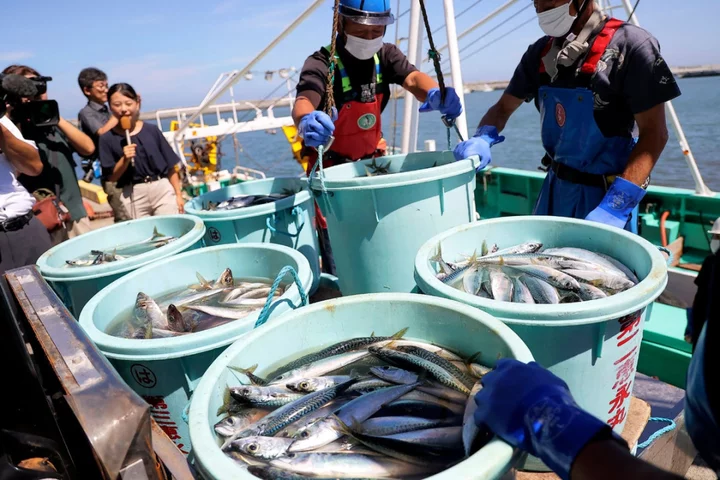
Sushi standoff spreads as Russia joins China in banning Japanese seafood
Russia has joined its ally China in suspending seafood trade with Japan after Tokyo began releasing treated radioactive water from its Fukushima nuclear plant into the ocean. Russia’s agricultural watchdog Rosselkhoznadzor said it is "joining China’s provisional restrictive measures on the import of fish and seafood products from Japan as of 16 October 2023”. It said the decision has been taken as a "precautionary measure” and restrictions will remain in place until more information was received to confirm the safety of Japanese seafood, which it said was still pending. Japan said the ban was “unjust” and regrettable. Japan began releasing the first batch of treated radioactive water from the tsunami-wrecked Fukushima nuclear power plant into the Pacific Ocean on 24 August and the second on 5 October amid opposition from fishing groups and neighbouring countries, including major trade partners like South Korea, China and Taiwan. The release of tons of water has generated international concerns with countries expressing doubts about the potential health and environmental risks posed by the release, leading to diplomatic and trade tensions with neighbours. This is despite Japan’s assurances that the released water is safe and will be diluted to well below internationally approved levels of tritium (an isotope of hydrogen hard to separate from water) before being released into the Pacific. Analysts have said that the restrictions on the import of fish from Japan appear unreasonable and could be motivated by political and financial interests rather than safety fears. Mark Foreman, an associate professor of nuclear chemistry in Sweden, told The Independent that the levels of radioactivity in the water discharged from the Fukushima site will not pose any danger to the general public and that these bans could not be defended from a scientific viewpoint. “I do not think it will even endanger a fish glutton who eats nothing but fish,” he said. “There is the problem that many politicians and countries wish to be seen to be more strict or protective of the public than another.” Reacting to Russia’s restrictions, Japan‘s Ministry of Agriculture, Forestry and Fisheries said on Monday that Moscow’s ban had "no scientific basis, is unjust and regrettable”, calling for it to be revoked, the Kyodo news agency reported. Japan‘s foreign ministry said that it had provided Russia with additional information before 15 October following an online dialogue between the relevant state bodies last week, it said in a statement released on Monday before Russia announced its ban. "Japan will continue to provide explanations based on scientific evidence to Russia in a highly transparent manner and in good faith, while undergoing the review by the IAEA," it added. Russia’s move comes after China – Japan’s biggest buyer of seafood – implemented its own ban on all seafood imports from Japan. Tokyo called on China and its territories Hong Kong and Macau to remove the ban and prime minister Fumio Kishida criticised Beijing for spreading "scientifically unfounded claims". Mr Foreman and other analysts suggested the bans could be explained partly by Tokyo’s closer alignment to the US and South Korea in recent years and the Fumio Kishida government’s policy of speaking out against the Ukraine war. “I see the bans as being made for political advantage and also in an attempt to obtain an economic advantage for the fishing fleets of the countries which are imposing the bans. I believe that no good scientific arguments can be made for these bans,” Mr Foreman said. International trade law expert Henry Gao told BBC News: “The main reason is not really the safety concerns. It is mainly due to Japan’s moves against China.” Vladimir Putin is due to visit Beijing this week for the Belt and Road Initiative Forum, only his second foreign visit since an International Criminal Court (ICC) arrest warrant was issued against him. Russia and China have forged closer ties and hailed their “no limits” partnership as Western countries have tried to isolate Mr Putin following his invasion of Ukraine. Moscow had criticised Tokyo for its stance on the war and for joining the Group of Seven (G7) nations in imposing sanctions after the invasion in February last year. Russia is also a direct competitor with Japan when it comes to catching fish and seafood in the waters off its far eastern regions, and is already one of the largest suppliers of marine products to China. Not a big market for Japanese seafood itself, Russia imported 118 metric tonnes of fish and seafood from January to September this year, according to Rosselkhoznadzor. Beyond China and Russia, the South Korean government is under pressure to put a blanket ban on imports from Tokyo. Seoul has maintained an import ban on fisheries products from Fukushima and some surrounding prefectures since 2013 but has so far refused to extend this to the rest of Japan. Read More Japan starts discharge of second treated batch of Fukushima water US ambassador to Japan calls Chinese ban on Japanese seafood 'economic coercion' Japan hits out at China’s ‘unacceptable’ seafood ban as it rolls out emergency fund The Body in the Woods | An Independent TV Original Documentary The harrowing discovery at centre of The Independent’s new documentary
1970-01-01 08:00
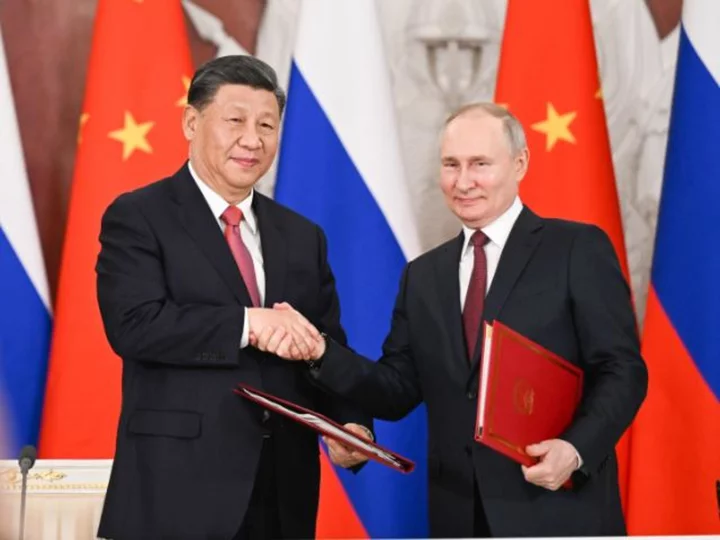
Xi and Putin to reunite in Beijing in show of solidarity as divisions with the West sharpen
When Russian President Vladimir Putin and Chinese leader Xi Jinping met in Beijing for the opening of the 2022 Winter Olympics, they confidently outlined their vision for a new international order no longer dominated by the United States and its democratic allies.
1970-01-01 08:00

World’s Biggest Fusion-Energy Project Searches for Lost Memory
The executive in charge of the world’s biggest fusion-energy experiment is trying to rehire retired engineers, who possess
1970-01-01 08:00

Thailand To Allow Russians To Stay Up to 90 Days Without Visas
Thailand will allow Russian citizens to visit for longer periods in a bid to boost tourism during peak
1970-01-01 08:00
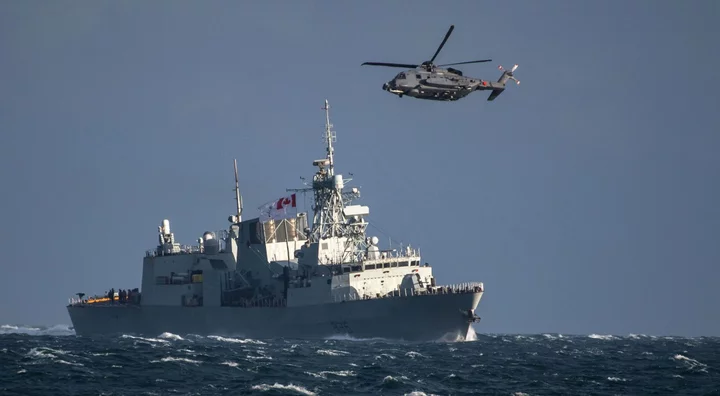
Canada Says No Sign India Tensions Are Impacting Military Ties
A top Canadian navy official said there’s no sign the diplomatic standoff between India and Canada over the
1970-01-01 08:00

Wealthy Indian Diaspora Wooed by DLF For Luxury Apartment Sales
A top Indian developer is enticing Indians living abroad to buy luxury apartments as a way of investing
1970-01-01 08:00
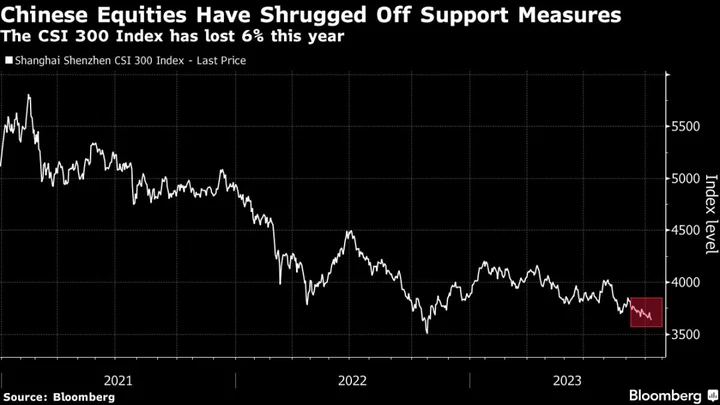
China Tightens Rules on Short Selling in a Bid to Boost Stocks
China is tightening curbs on short-selling activities as authorities step up efforts to shore up a struggling stock
1970-01-01 08:00

GoTo Recovers From 19% Swoon After Founder’s Surprise Sale
GoTo Group recouped most of its losses after revelations of a sale of stock by a co-founder ignited
1970-01-01 08:00

Nithari killings: Allahabad High Court frees 'serial killers' on death row
The two men were convicted for the rape and murder of 19 women and children in 2005.
1970-01-01 08:00
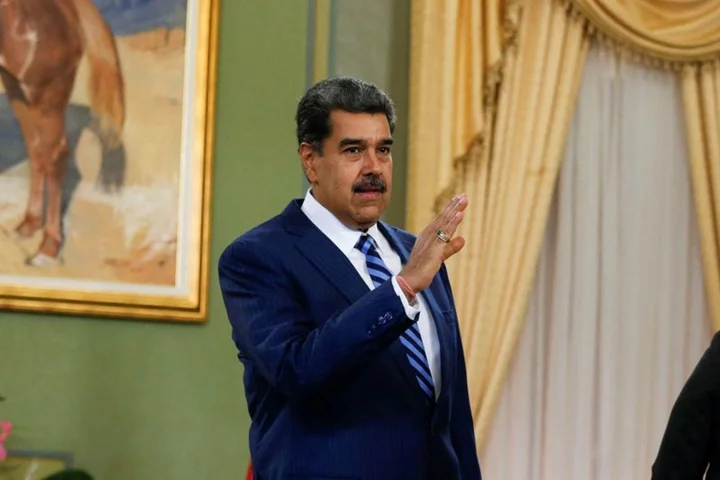
Venezuela's Maduro expected to visit Russia, Putin's oil point man says
MOSCOW Russia is expecting a visit by Venezuelan President Nicolas Maduro, President Vladimir Putin's oil point man Alexander
1970-01-01 08:00
